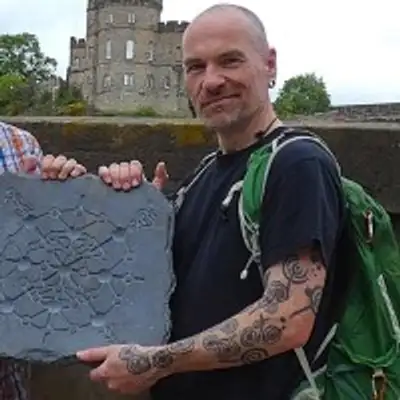Optimizing ChIP for Reproducibility
Chromatin Immunoprecipitation (ChIP) is a powerful technique for evaluating the interactions of proteins with specific regions of genomic DNA, helping to better understand the mechanisms such as, gene regulation, DNA replication, repair and recombination, and epigenetic silencing. The use of ChIP in conjunction with NGS (ChIP-Seq) has enabled wide scale application of this technique to ascertain genome wide DNA binding sites. However, sample preparation for ChIP and ChIP-seq has multiple steps which are critical to the success of the experiments and affect the reproducibility, bias, and sensitivity of the technique.
Successful ChIP experiments demand chromatin that is sheared to manageable fragments sizes while retaining the integrity of the DNA, preserving protein epitopes and the formaldehyde cross-links attaching the proteins of interest to the DNA to deliver sensitive and reproducible results. Current methods for shearing chromatin to the desired size for immunoprecipitation in ChIP experiments are a source of significant imprecision, adversely affecting the reproducibility of ChIP experiments. In this webinar, scientist from Covaris will discuss how to better optimize your sample preparation to improve the reproducibility of your results and present data demonstrating how Covaris’ AFA Technology is ideally suited to provide the highest quality sheared chromatin. Shearing chromatin with AFA preserves precious epitopes, maintains DNA quality, protects from shearing biases, and provides highly reproducible results which are the reasons AFA is quickly becoming the standard chromatin shearing solution in leading epigenetic labs.
Successful ChIP experiments demand chromatin that is sheared to manageable fragments sizes while retaining the integrity of the DNA, preserving protein epitopes and the formaldehyde cross-links attaching the proteins of interest to the DNA to deliver sensitive and reproducible results. Current methods for shearing chromatin to the desired size for immunoprecipitation in ChIP experiments are a source of significant imprecision, adversely affecting the reproducibility of ChIP experiments. In this webinar, scientist from Covaris will discuss how to better optimize your sample preparation to improve the reproducibility of your results and present data demonstrating how Covaris’ AFA Technology is ideally suited to provide the highest quality sheared chromatin. Shearing chromatin with AFA preserves precious epitopes, maintains DNA quality, protects from shearing biases, and provides highly reproducible results which are the reasons AFA is quickly becoming the standard chromatin shearing solution in leading epigenetic labs.
For more information visit: https://bitesizebio.com/webinar/optimizing-chip-for-reproducibility/
Creators and Guests



